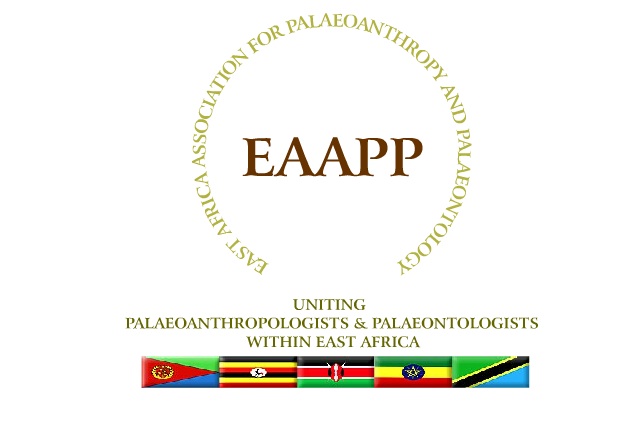Science News
Out of Africa: The Conference
August 8, 2011

With all of the bad news coming out of the Horn of Africa recently, here’s a bit of good news. Distinguished paleontologists and paleoanthropologists from around the world are gathering this week in Addis Ababa, Ethiopia for a scientific meeting.
The meeting is organized by the East African Association for Paleoanthropology and Paleontology (EAAPP), founded in 2005 by several scientists from the area, including researcher Zeray Alemseged, chair of anthropology here at the Academy.
We spoke with Zeray before he departed for Ethiopia, his native country, about this week’s conference.
East Africa is the cradle of the human kind and it makes complete sense that a meeting of this subject would take place there. But the EAAPP meeting is novel and unusual in many ways, making it vital and important for scientists and East Africans alike.
Scientific conferences like this one have been part of European and American history for over 500 years, but this is only EAAPP’s third. It’s really the only of its kind in the developing world, according to Zeray. The caliber of the scientists and the quality of the papers presented this week are comparable to any well-run Western conference, he admitted.
The location of this conference is key for two reasons: it will facilitate discussions between the researchers and local museums and universities; and it gives local researchers a rare opportunity to discuss their own work. Zeray explained that travel costs to other prestigious international conferences often makes attending prohibitive for African scientists. In addition, the conference promotes education of early human ancestry in East Africa—traditionally not a priority in the area, Zeray said.
Sessions include studies on paleoecology, Ardipithecus ramidus, early human diets and the middle Stone Age. But Zeray is most excited about several on the last day that deal with “Cultural Heritage Management” and education and outreach surrounding the subject. He hopes with a little communication between researchers and local policy-makers everyone can learn a lesson. “We may belong to many nations but we are equally related, we all belong to the same origin. How can we work together to help promote conservation for a sustainable life for everyone?”